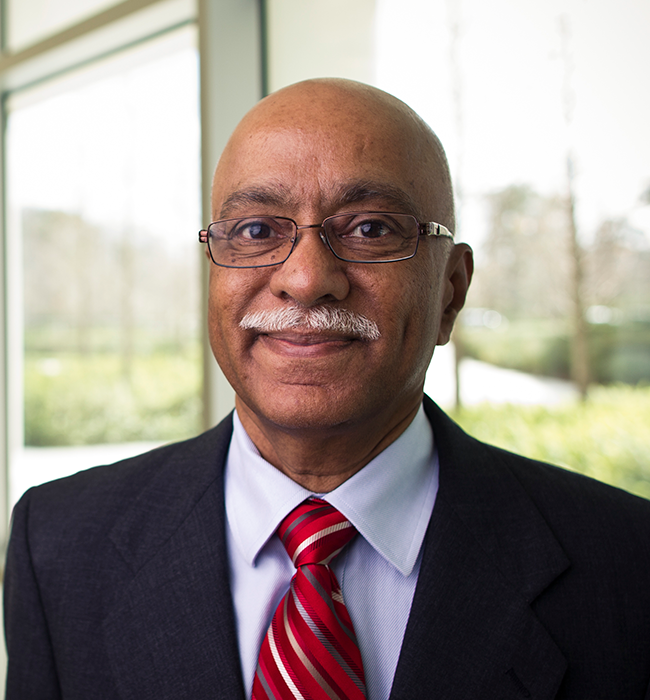In memoriam: Sampath Parthasarathy
Sampath Parthasarathy, a lipid scientist and cardiovascular researcher at the University of Central Florida, died of pneumonia on Dec. 1, 2020, the American Society for Biochemistry and Molecular Biology learned recently. He was 73.

Born Dec. 27, 1947, in India, Parthasarathy earned his Ph.D. at the Indian Institute of Science in Bangalore and was a postdoctoral fellow at Kyoto University in Japan, Duke University and the University of Minneapolis. He held positions at the University of California, San Diego, Emory University, Louisiana State University and Ohio State University before joining the faculty of the University of Central Florida College of Medicine in 2011, where he held an endowed chair in cardiovascular sciences and served as the associate dean for research. He was also is an inventor and held an MBA in technology management.
A recognized expert in lipids, Parthasarathy was credited with the co-discovery, while at UCSD, that oxidized low-density lipoprotein is involved in the initiation and progression of atherosclerosis. The paper on this finding is one of the most cited in atherosclerosis research. He also studied the beneficial effects of exercise and dietary polyunsaturated fats such as sesame oil. He researched both pro- and antioxidants in the context of multiple inflammatory diseases, including diabetes, endometriosis, Alzheimer’s and Crohn’s, “always approaching scientific challenges from novel (outside-the-box) perspectives, connecting the dots, and finding parallels that were inconspicuous to others,” according to a remembrance in the journal Arteriosclerosis, Thrombosis and Vascular Biology.
In addition to being an ASBMB member, Parthsarathy was involved with the American Heart Association, the South Asian Society for Atherosclerosis and Thrombosis and other societies. He served as editor-in-chief of the journal Healthcare, as co-editor-in-chief of the Journal of Medicinal Food, and on the editorial boards of numerous other journals, including the Journal of Lipid Research. Fondly known as “Dr. Sam,” he mentored more than 300 students, postdocs, clinical residents and junior investigators from around the world.
Parthsarathy was preceded in death by his first wife, Kalyani. He is survived by his wife, Linda; sons, Raghuveer and Bharath Parthasarathy, and their wives; and five grandchildren.
Enjoy reading ASBMB Today?
Become a member to receive the print edition four times a year and the digital edition monthly.
Learn moreGet the latest from ASBMB Today
Enter your email address, and we’ll send you a weekly email with recent articles, interviews and more.
Latest in People
People highlights or most popular articles

From humble beginnings to unlocking lysosomal secrets
Monther Abu–Remaileh will receive the ASBMB’s 2026 Walter A. Shaw Young Investigator Award in Lipid Research at the ASBMB Annual Meeting, March 7-10 in Washington, D.C.

Chemistry meets biology to thwart parasites
Margaret Phillips will receive the Alice and C. C. Wang Award in Molecular Parasitology at the ASBMB Annual Meeting, March 7-10 in Washington, D.C.

ASBMB announces 2026 JBC/Tabor awardees
The seven awardees are first authors of outstanding papers published in 2025 in the Journal of Biological Chemistry.

Decoding how bacteria flip host’s molecular switches
Kim Orth will receive the Earl and Thressa Stadtman Distinguished Scientists Award at the ASBMB Annual Meeting, March 7–10, just outside of Washington, D.C.

Thiam elected to EMBO
He was recognized during the EMBO Members’ Meeting in Heidelberg, Germany, in October.

The timekeepers of proteostasis
Learn about the cover of the winter 2026 ASBMB Today issue, illustrated by ASBMB member Megan Mitchem.
